


While the rollout of Force Design 2030 shows that the US Marines are focusing on the Asia-Pacific, proponents seem to lack answers to several glaring issues.
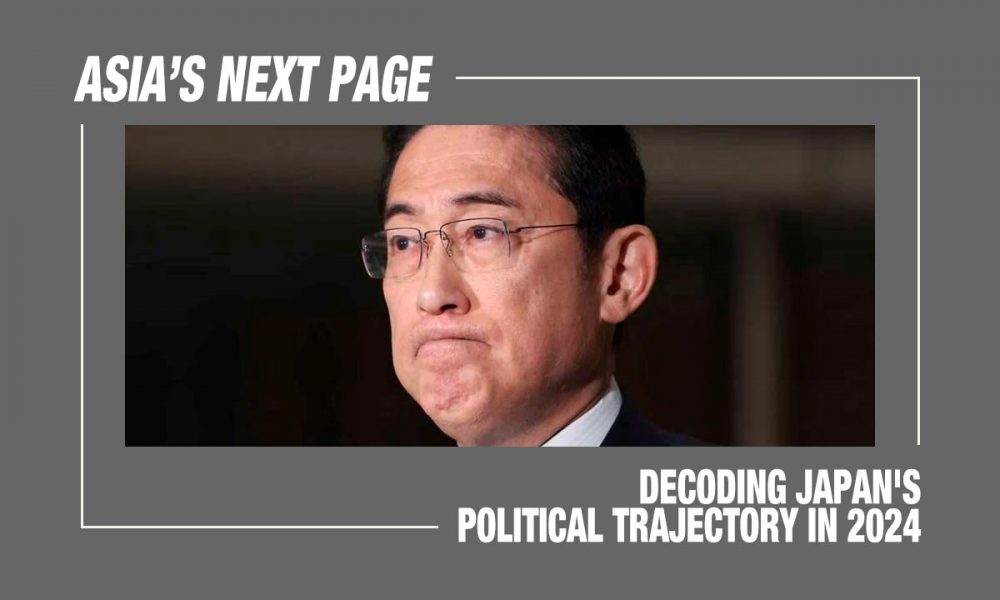
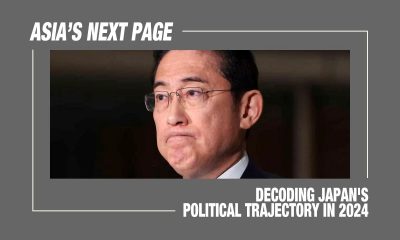

The author sees 2024 as a rocky year for domestic politics but thinks Japan's foreign policymaking is unlikely to change in the current geopolitical climate.
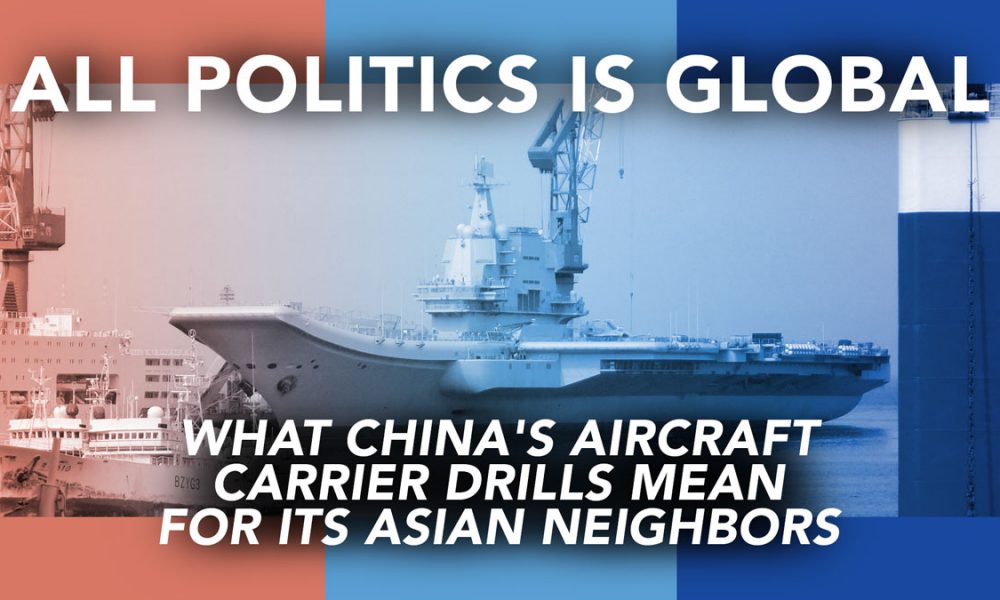


The PLA's navy drill with aircraft carrier Shandong is another sign that China aims to deter or defeat any third-party intervention in the Indo-Pacific.
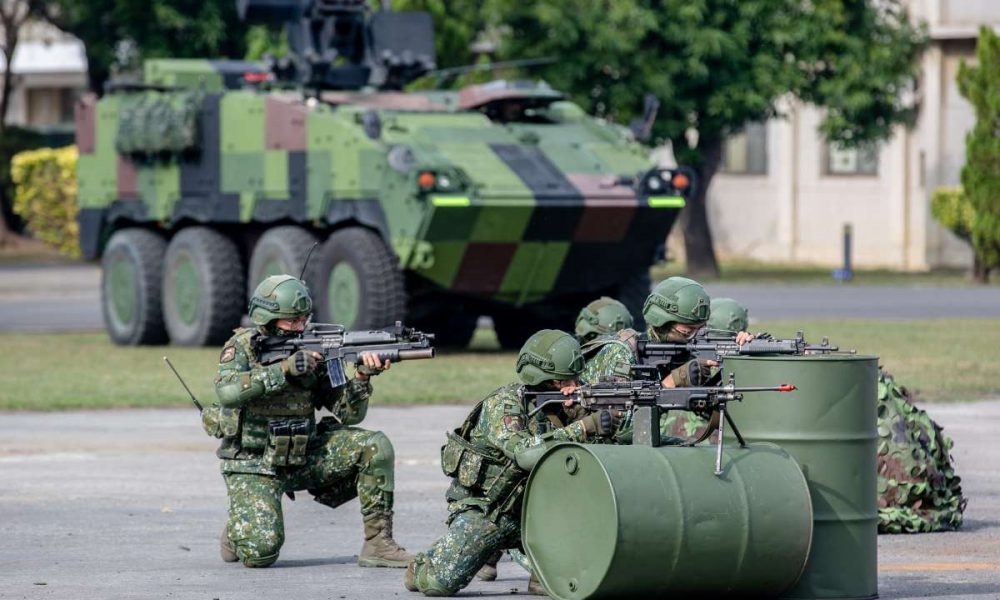


The Taiwan military has languished in isolation for 40 years. Increased interaction with US forces is a move in the right direction.
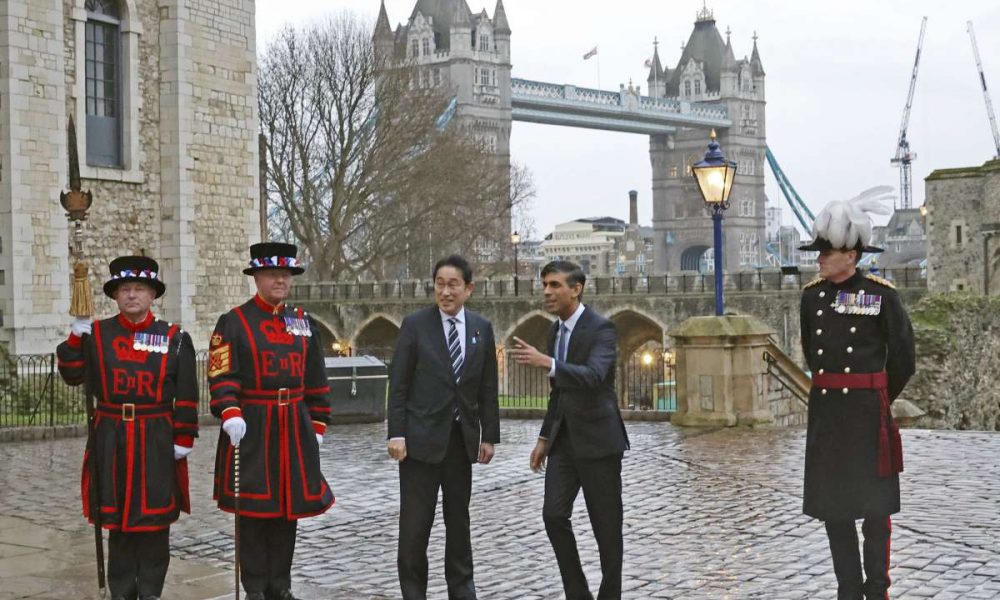
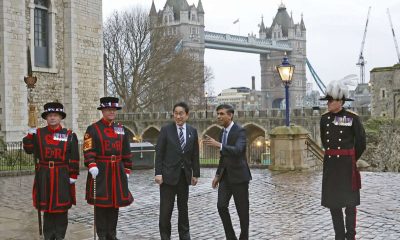

Japan's Prime Minister is consolidating relationships with Europe's leaders, including this defense pact with Britain, during a tour of G7 nations.
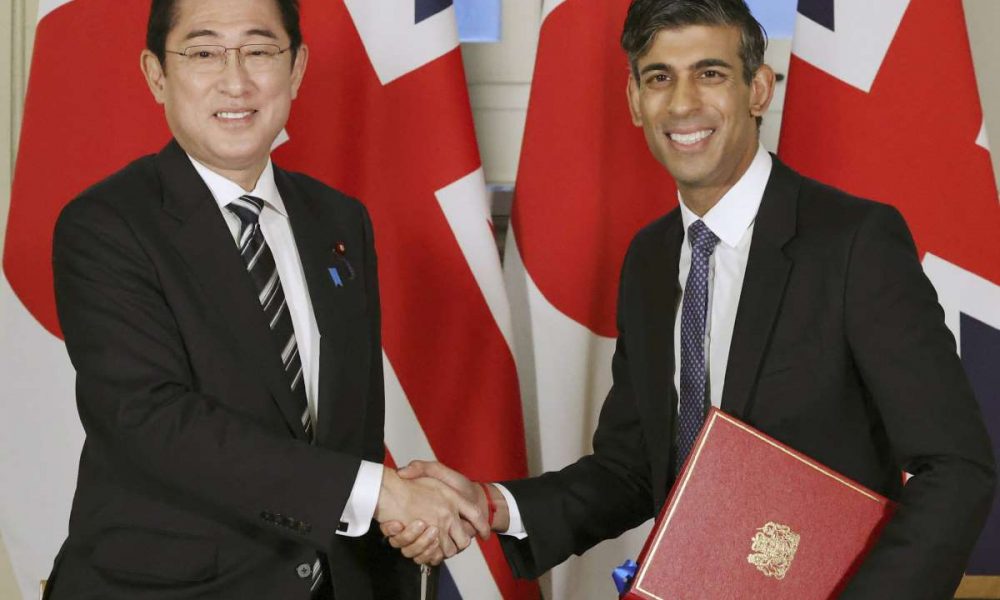
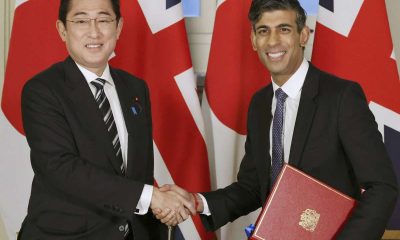

The Reciprocal Access Agreement signed by the two prime ministers is the most important defense pact between Japan and the UK since 1902.



Predictions on when, and how bad the trouble is the harder part. But what happens in the next few years will determine what historians write about...
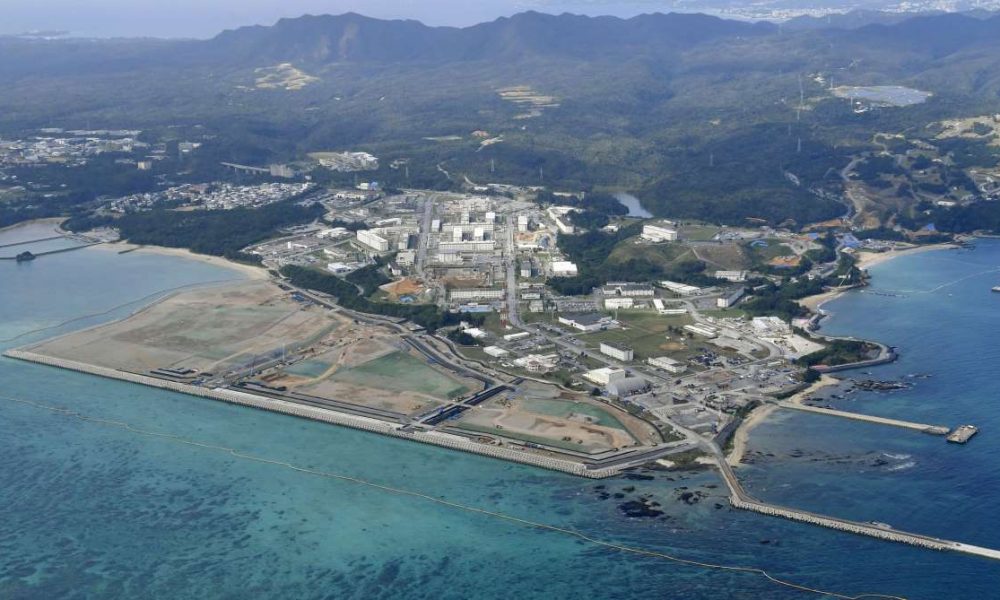
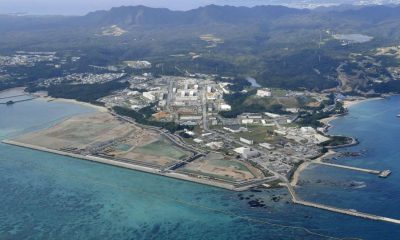

Sole use of Okinawa bases by the US military shows lack of integration with the SDF. That must change to defend against the threat of Chinese...



Jiang Zemin paved the way for the belligerent China of Xi Jinping. His distorted and manipulative "patriotic education" stirred anti-Japanese sentiments.
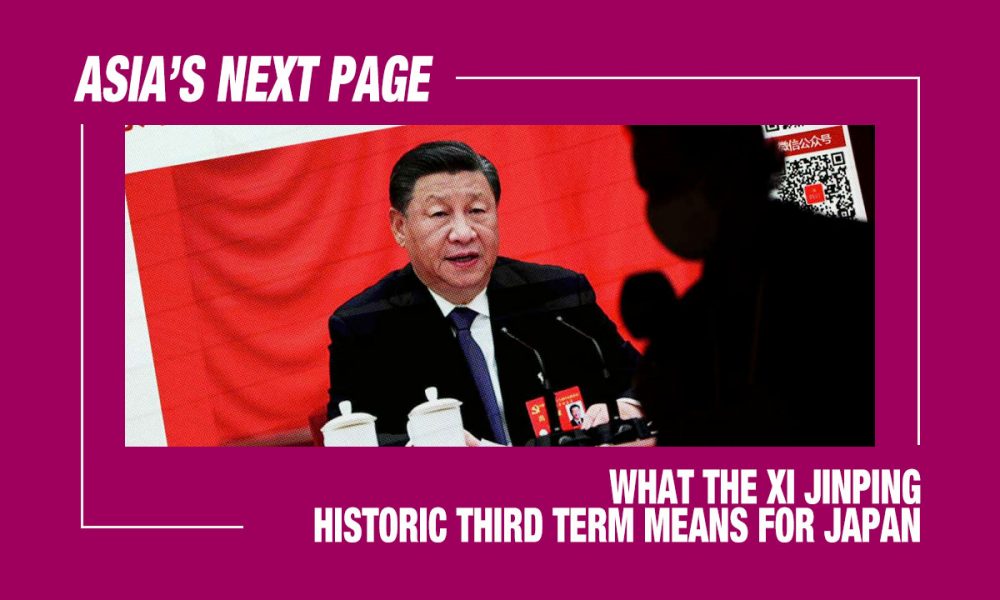
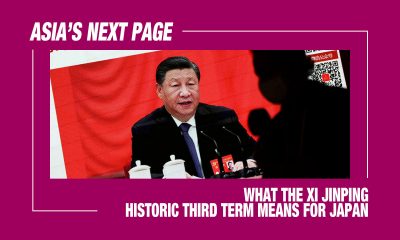

The Xi Jinping dictatorship has become absolute. What does that mean to Japan, and how will it affect Tokyo's economic and security policy choices?
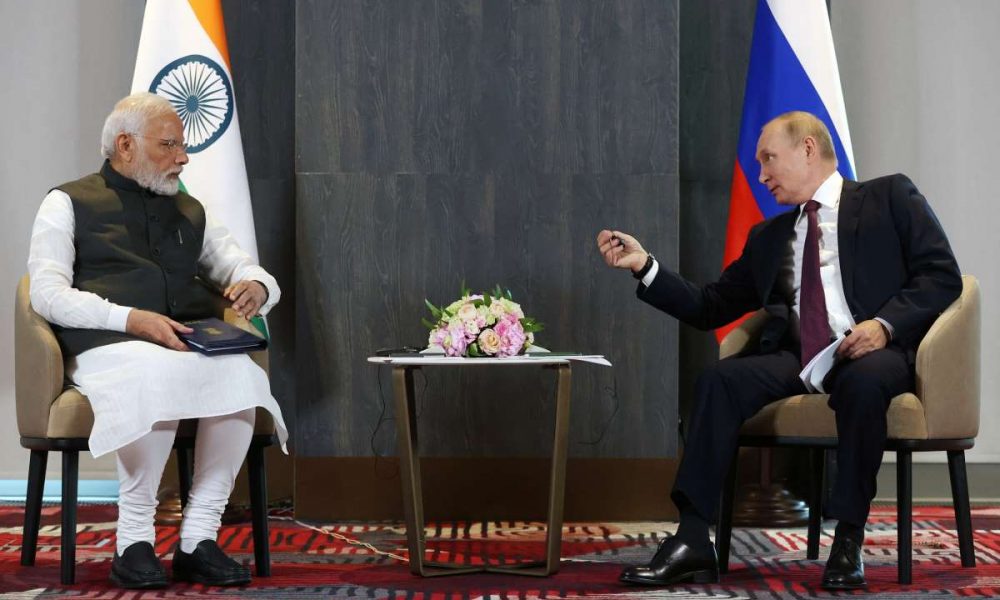
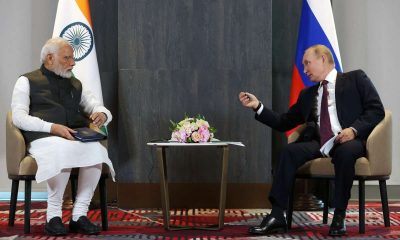

Growing ties with Japan and the West, along with championing itself as a global leader, are pressing India to reconsider its relationship with Russia.
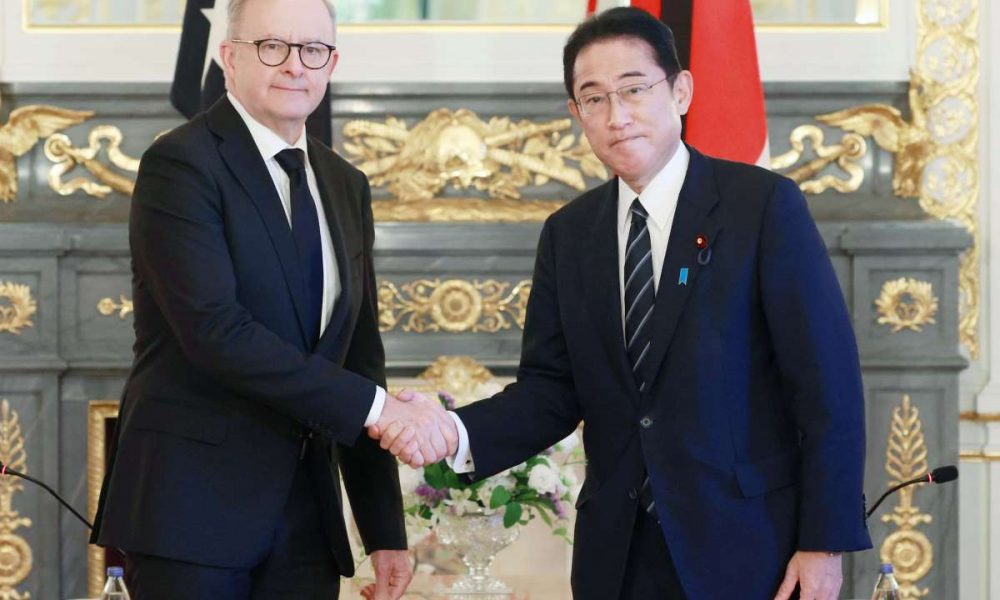
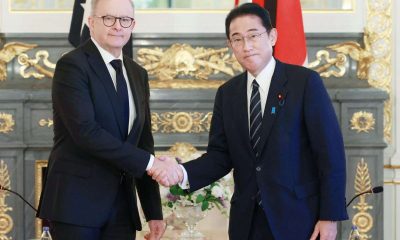

China looms larger than ever before in a wide range of regional security topics that prime ministers Kishida and Albanese will discuss.